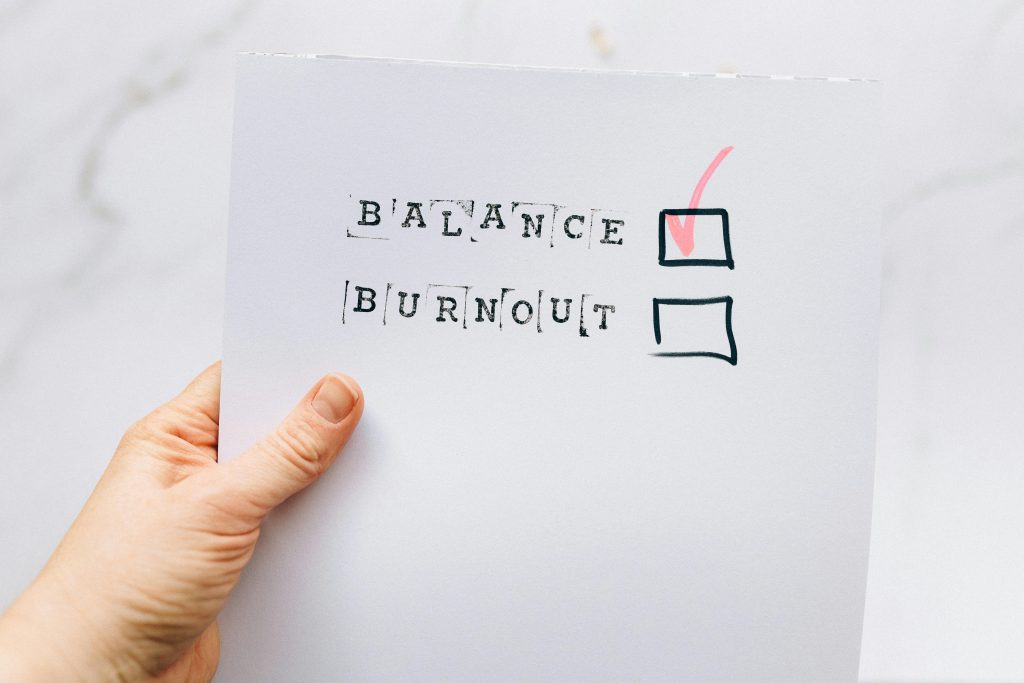“Stress is not what happens to us. It’s our response to what happens. And response is something we can choose.” – Maureen Killoran
Feeling overwhelmed lately? You’re not alone. Stress has become a part of our daily lives. In fact, the American Institute of Stress reports that 77% of people regularly experience physical symptoms caused by stress, like headaches, fatigue, and muscle tension. But what if I told you that you could take back control, starting today?
In this blog post, I’ll share 5 proven stress management techniques that you can start using right now. These are simple, effective, and backed by science to help you feel calmer, more focused, and ready to take on life’s challenges. Let’s dive in!
1. Breathe Your Stress Away with Deep Breathing
When you’re stressed, your body goes into “fight or flight” mode, making your heart race and your breathing shallow. Deep breathing can reverse this response almost instantly.
- How It Works: Deep breathing activates your parasympathetic nervous system, which calms your body.
- Try This:
- Sit or lie down in a comfortable position.
- Inhale deeply through your nose for 4 seconds.
- Hold your breath for 7 seconds.
- Exhale slowly through your mouth for 8 seconds.
This 4-7-8 breathing technique is so powerful that many people feel calmer after just one cycle.
- Stat: A 2017 study found that controlled breathing exercises reduce stress levels by 20-25% in just 5 minutes.
2. Take a Quick Walk Outside
Sometimes, the best way to deal with stress is to simply step away. A short walk, especially outdoors, can work wonders for your mental state.
- Why It Works: Physical movement releases endorphins, your body’s natural mood boosters. Plus, exposure to sunlight can increase serotonin levels, which help regulate your mood.
- Pro Tip: A 15-minute walk in nature can reduce cortisol (the stress hormone) by 16%, according to a study published in Environmental Health and Preventive Medicine.
Even if you’re busy, a quick stroll around your block can make a big difference.
3. Practice Gratitude Journaling
When you’re stressed, your mind often focuses on what’s going wrong. Gratitude journaling shifts your focus to what’s going right.
- How to Start:
- Grab a notebook or open a notes app.
- Write down 3 things you’re grateful for every day.
- Be specific. Instead of writing “I’m thankful for my family,” try “I’m thankful for my mom’s homemade lasagna tonight.”
- Stat: Research shows that practicing gratitude can lower stress levels by 23% and improve sleep quality by 19%.
- Quote: Oprah Winfrey once said, “Be thankful for what you have; you’ll end up having more.”
4. Try Progressive Muscle Relaxation (PMR)
Feeling tense? That’s your body holding onto stress. Progressive Muscle Relaxation (PMR) is a technique where you tense and relax different muscle groups to release built-up tension.
- How to Do It:
- Start at your toes. Tense the muscles for 5 seconds, then release.
- Work your way up your body—calves, thighs, stomach, chest, arms, and face.
- Notice how your body feels more relaxed with each release.
- Stat: PMR can reduce stress by 33%, according to the Anxiety and Depression Association of America.
This method is particularly helpful before bed if stress is keeping you awake.
5. Laugh It Out
Yes, laughter is one of the simplest and most enjoyable ways to combat stress. When you laugh, your body releases endorphins and decreases cortisol levels.
- How to Add More Laughter:
- Watch a funny video or TV show.
- Share a joke with a friend.
- Look up hilarious memes (thank you, internet!).
- Stat: Laughter therapy has been shown to reduce stress hormones by 39%, according to a study in The Journal of Research in Medical Sciences.
Remember, laughter isn’t just about feeling good—it’s a form of self-care.
Bonus Tips to Keep Stress at Bay
- Limit Your Screen Time: Overuse of social media can increase anxiety. Set boundaries for a healthier relationship with your devices.
- Stay Hydrated: Dehydration can make stress symptoms worse. Aim for at least 8 glasses of water daily.
- Say No: Overcommitting is a major stressor. Practice politely declining tasks or invitations that overwhelm you.
The Financial Cost of Stress
Did you know that stress can cost you money? Studies estimate that stress-related healthcare expenses and lost productivity cost the U.S. economy $300 billion annually. On an individual level, chronic stress can lead to costly medical bills, therapy sessions, and even job burnout.
Investing in stress management techniques like these isn’t just good for your well-being—it can save you money in the long run.
Stress Is Inevitable, But Suffering Is Optional
Life is full of challenges, and stress is a natural response. But you don’t have to let it control you. With these five techniques, you now have the tools to calm your mind, relax your body, and approach life with clarity and resilience.
Here’s a final thought to leave you with:
“You can’t stop the waves, but you can learn to surf.” – Jon Kabat-Zinn
So, take a deep breath, embrace the moment, and start applying these techniques today. You’ll be amazed at how much lighter and happier you feel.

